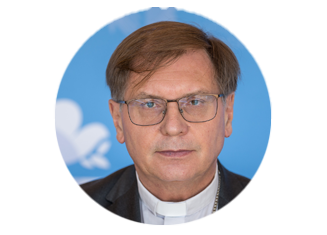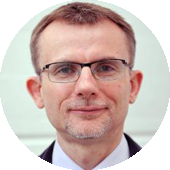Central Eastern Europe
New ways of being a church. Growing together. Diakonia. Advocacy. Reformation 2017.
Opportunities for Holistic Mission
The Lutheran Communion in Central Eastern Europe engages in its holistic mission and the strengthening of communion relationships in the context of post-communist societies.
It positions itself as one of the shapers of a European community that is pluralistic and socially and economically sustainable. Member churches are involved in building up democratic church structures as a way of empowering church members to lead in church and in society.
Challenges of Holistic Mission
As a regional expression of the LWF, the Lutheran communion in Central Eastern Europe works to shape LWF programs and themes according to the burning demands of the region – socio-economic issues and post-modernity.
Viewing the financial crisis as a moral one, member churches exchange ideas on how to wrestle with economic challenges and work together as a communion. Through regular regional encounters, relations between churches will deepen and it will become easier to coordinate joint action on key issues.
Including women in church leadership roles remains a challenge.
Lay and youth often find themselves outside of the churches’ power structures. Further support is needed so that youth will be taken seriously in the work of LWF.
Communion Relationships
The 2012 European Church Leadership Consultation underlined the importance of strengthening exchange and cooperation at the pan-European level.
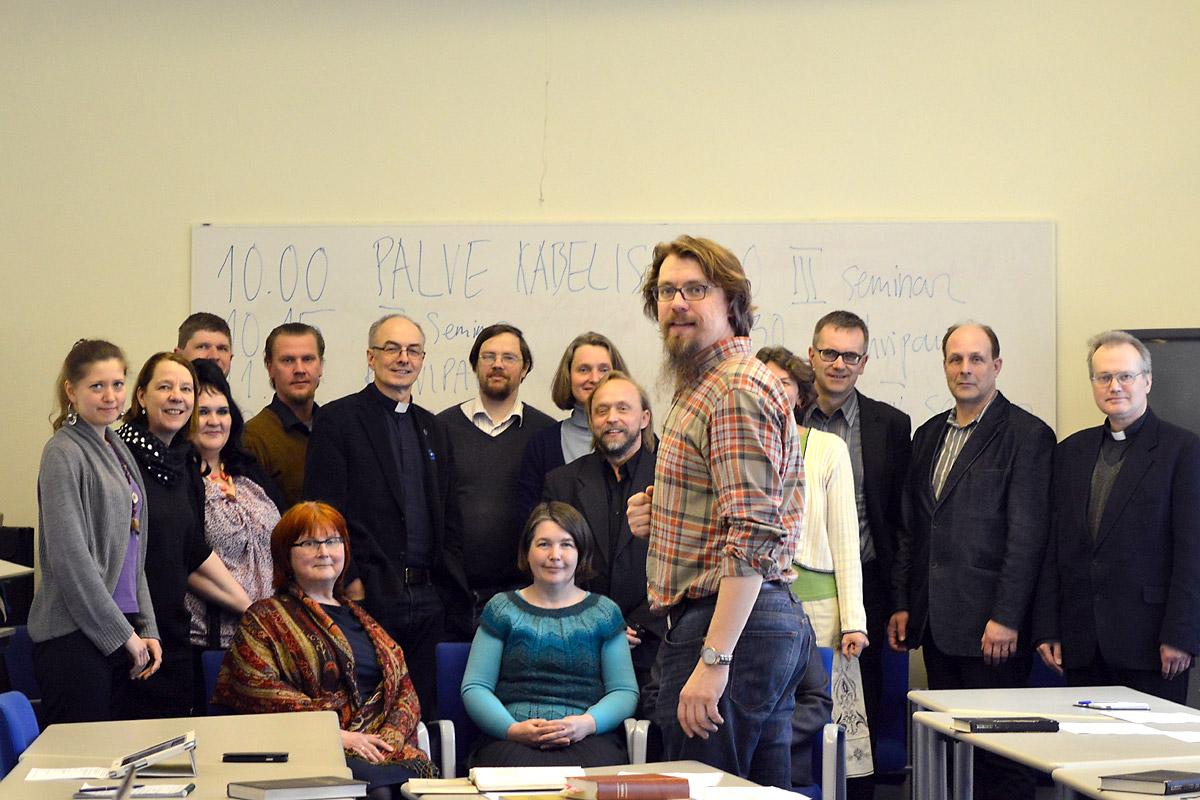
Rev. Prof. Thomas-Andreas Põder, head of Systematic Theology at the Institute of Theology, Estonian Evangelical Lutheran Church, leads students, pastors and other church workers in one of the courses on the LWF-produced Reformation booklets. Photo: EELC
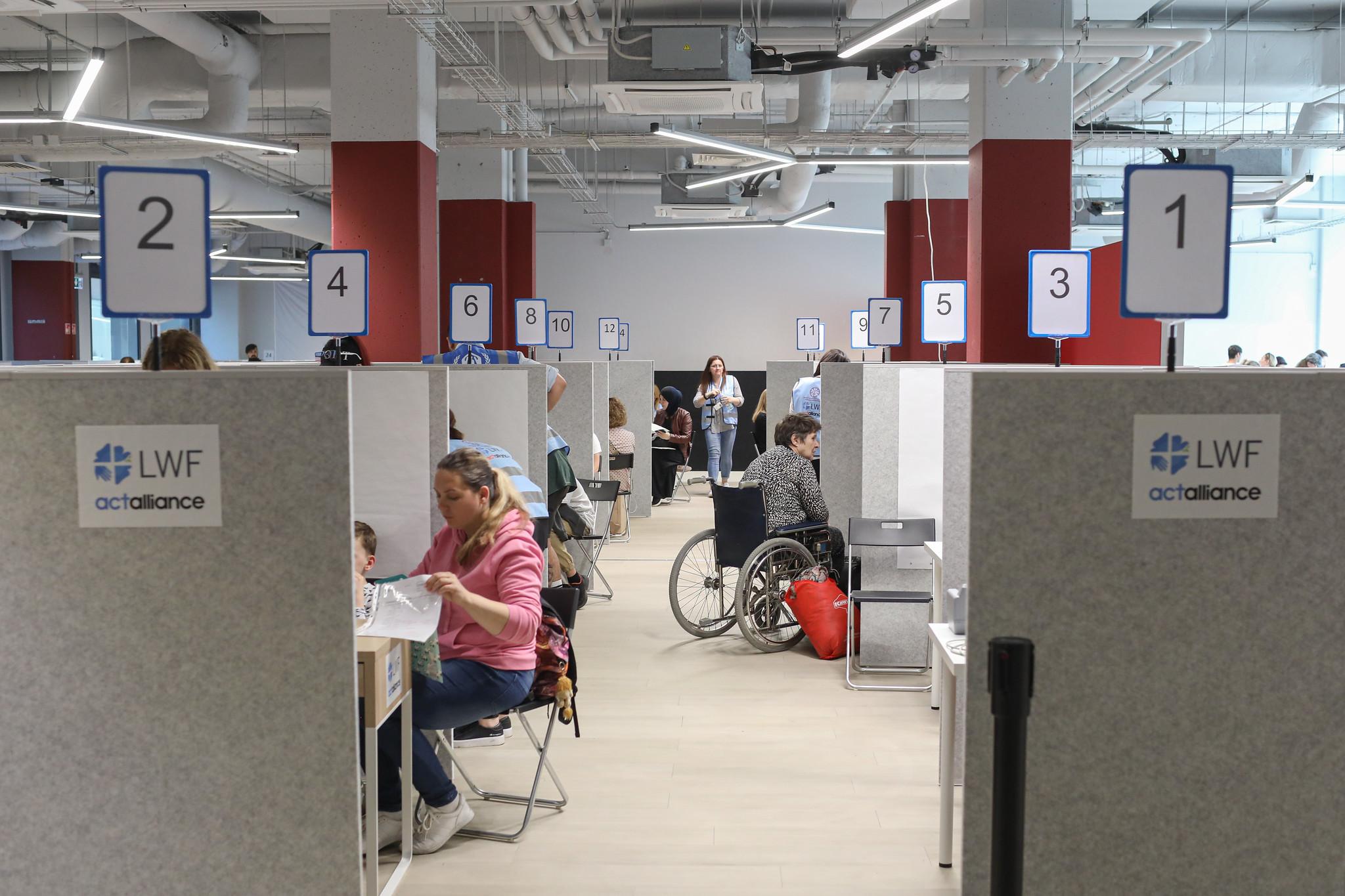
Multipurpose Cash Assistance Enrolment Center (MPCA) started functioning in Poland for refugees who have fled from Ukraine after the Russian invasion on February 24, 2022. The center supports thousands of refugees in Wroclaw and neighboring areas with emergency assistance through cash for three months. Photo: LWF
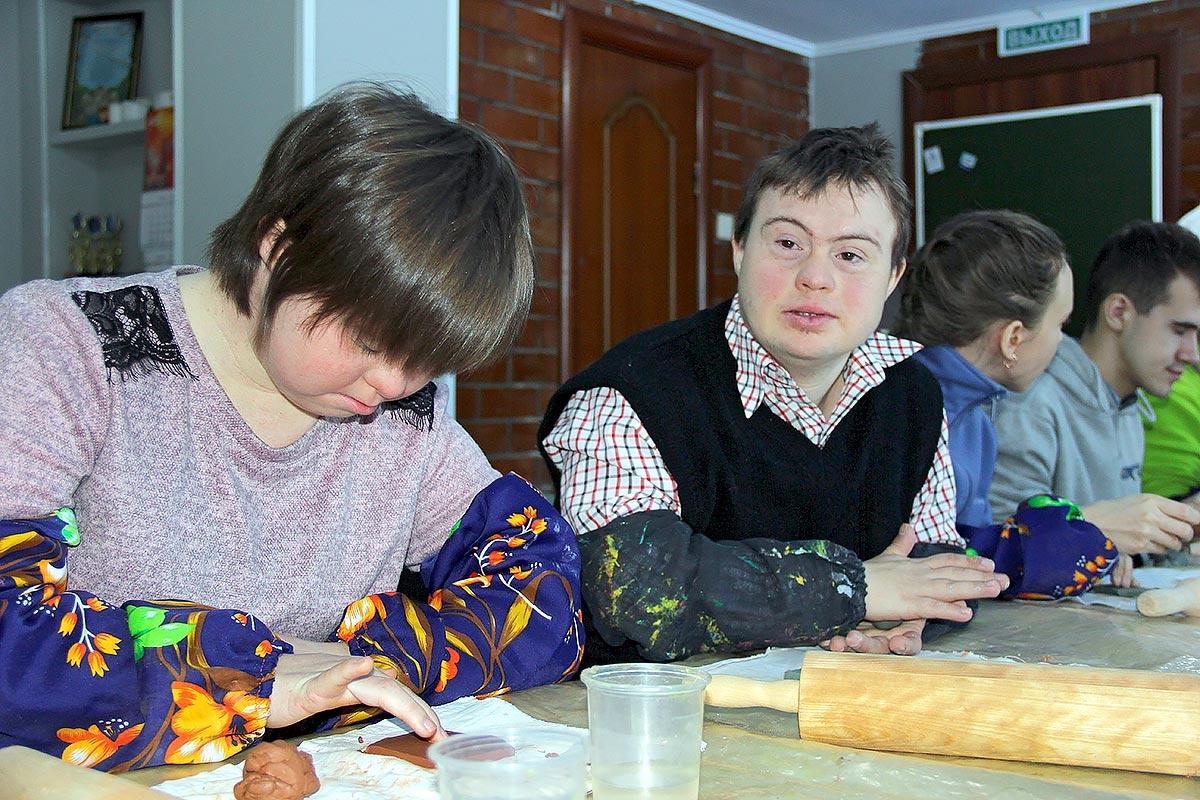
Young people with disabilities receive support and therapy, such as painting lessons, by a small Lutheran congregation in Tolyatti, Russia. Photo: Marcus Mockler, epd -Bild
